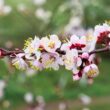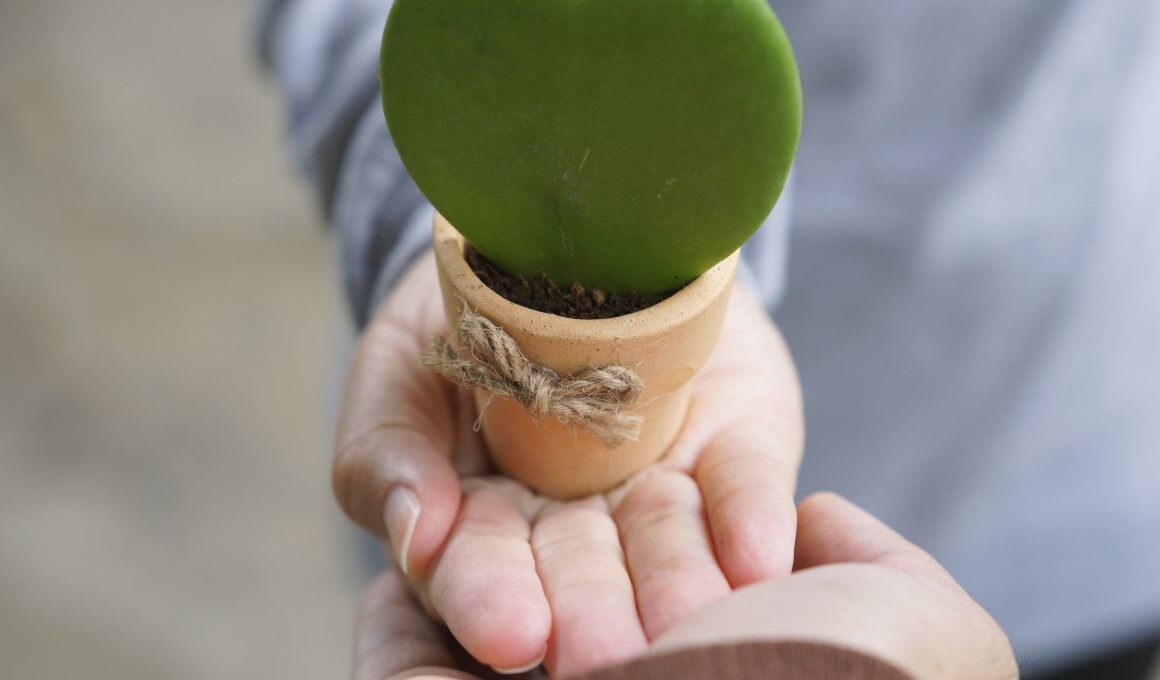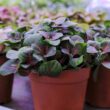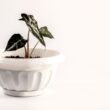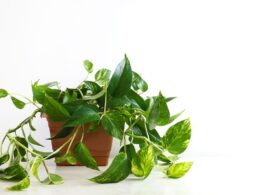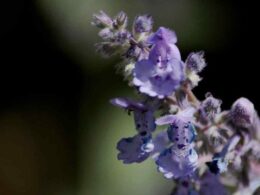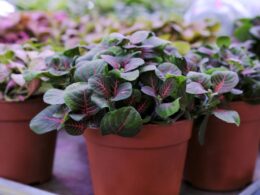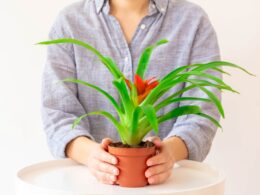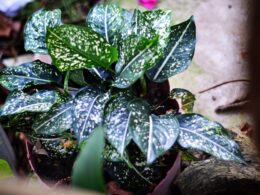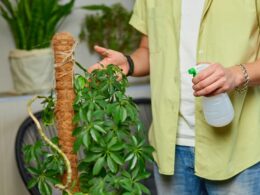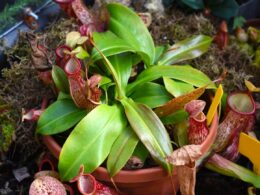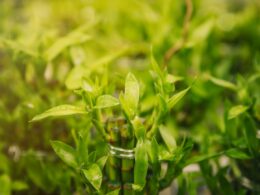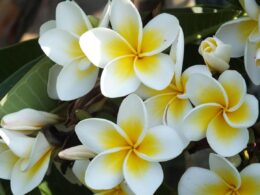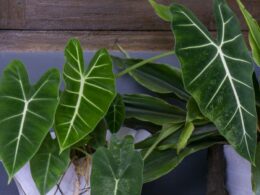Do you have a hoya plant that you’re struggling to get to bloom? Or maybe you’re thinking about getting a hoya carnosa and want to know what kind of care it needs. Either way, this guide is for you! Read on to learn everything you need to know about hoya plant care.
What is a Hoya Plant?
Hoya plants are a type of tropical vine that is native to Southeast Asia. They are known for their waxy leaves and aromatic flowers, which come in a variety of colors including white, pink, and purple. They belong to the Apocynaceae family which also includes plants like oleanders and periwinkles. There are over 500 different species of hoya plants, but they all share a few common features. They are relatively easy to care for, and they can be grown both indoors and out. When planting hoyas outdoors, it is important to choose a location that receives partial sun. Too much direct sunlight can scorch the leaves, while too little light will result in sparse flowering. Hoyas should be fertilized monthly during the growing season, and they should be watered regularly to keep the soil moist but not soggy. With proper hoya plant care, these beauties will thrive and produce an abundance of fragrant blooms.
Hoya Plant Blooming
If you’re a hoya enthusiast, then you probably know that getting your plant to bloom can be a bit of a challenge. But don’t despair! With a little patience and care, you can enjoy the beautiful flowers of your hoya plant in no time. Here are a few hoya plant care tips to get you started:
- First, make sure that your hoya is getting enough light. These plants do best in bright, indirect sunlight. If you can provide this, then you’re well on your way to success.
- Second, hoyas like to be on the drier side, so make sure that you’re not overwatering your plant. Allow the soil to dry out between waterings. You can mist the leaves in winter to make sure the leaves don’t dry out.
- Third, hoyas need to be fertilized regularly to encourage blooming. Use a balanced fertilizer for flowering plants and apply it monthly during the growing season. With a little time and effort, you will soon be rewarded with an abundance of beautiful hoya flowers.
Watering Your Waxy Hoya Plant
If you’re wondering how often to water your Hoya plant, the answer may depend on a few factors. For example, if you live in a hot, dry climate, your plant will need more water than if you live in a cooler, wetter climate. Additionally, the type of pot you’re using can also affect how often you need to water your plant. A porous pot, such as one made of terracotta, will allow the soil to dry out more quickly than a non-porous pot, such as one made of plastic. As a general rule of thumb, it’s best to water your Hoya plant once a week. However, be sure to check the soil before watering and only water if the soil is dry.
The Best Pot for Hoyas
If you’re thinking about getting a hoya plant, you might be wondering what kind of pot is best for it. The good news is that there are a few different types of pots that will work well for a Hoya plant. One option is a clay pot. Clay pots are a good choice because they help to regulate moisture levels, which is important for Hoya plants. Another option is a plastic pot. Plastic pots are a good choice because they’re lightweight and easy to move around. Finally, you could also choose a basket. Baskets are a good choice because they allow the roots of the plant to breathe. Whichever type of pot you choose, make sure that it has drainage holes so that the plant doesn’t get too much water. You can set the pot on a base filled with pebbles and water (its bottom must not touch the water surface).
Propagation & Repotting
The Hoya plant, also known as the wax plant, is a beautiful and popular houseplant. Most people are familiar with the traditional green and white variegated leaves, but Hoyas come in a wide range of colors and patterns. These plants are easy to care for and make a great addition to any indoor space. If you’re looking to add a Hoya to your collection, there are a few things you should know about propagating and repotting these plants.
- Hoyas can be propagated from stem cuttings or leaf cuttings.
- For stem cuttings, simply take a cutting from an existing plant and place it in water or moist soil.
- Leaf cuttings can be a bit trickier, but they can be done by placing a leaf in moist soil or sand and then covering it with plastic.
When it comes to repotting, hoyas should be moved to a slightly larger pot every two to three years in the spring. Be sure to use a well-draining potting mix and water your plant regularly. You can also add some slow-release fertilizer to the potting mix to give your hoya an extra boost. Choose a tight pot!
Common Problems for Your New Hoya
Common issues for your hoya can include problems with leaves, stem or flowers. For example, if the foliage of your hoya is yellowing, it could be a sign of too much sun exposure or over-watering. If the stems are soft and mushy, it indicates root rot, which is often caused by overly wet soil. As for flowers, common issues include browning or fading pedals, which can be due to insufficient light exposure (indirect light is the best!). Luckily, most of these problems can be easily remedied with some simple adjustments to your plant’s care routine. With a bit of trial and error, you’ll soon have your Hoya thriving and blooming beautifully!
So, this is it in terms of hoya plant care. See you in another blog post on succulents!



